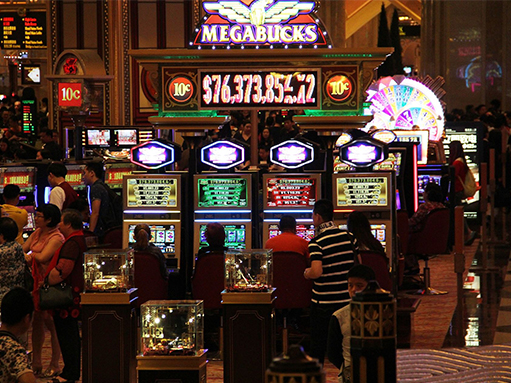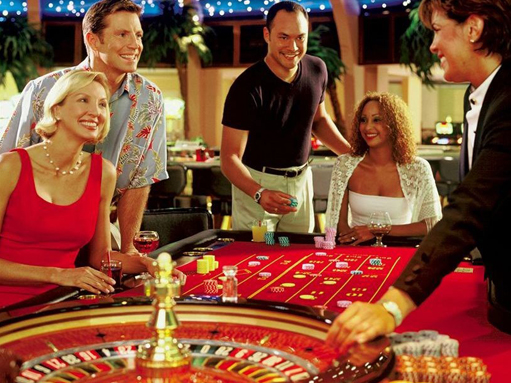- Have any questions?
- +1 (438) 795-93-07
- Skype: slotopaint
- 777@slotopaint.com
Why do you play in a Casino?
Why do you play in a Casino?
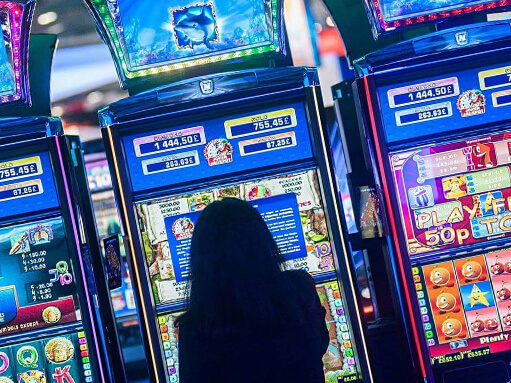
What makes people risk money? Why even by no means rich people put money earned by hard work at stake? You can record all gamblers in ludomany, but this is too simple an explanation. Let’s try to figure out why we are gambling. Fortunately, we do not have to reinvent the wheel. Psychologists, sociologists and specialists in other branches of science have conducted numerous studies on which to rely in trying to find an answer to this question. Consider four key theories explaining why people go to casinos, slot rooms, poker clubs, bookmakers, bingo halls and other places that allow different types of gambling. Remember that these are only hypotheses that require further research and confirmation.
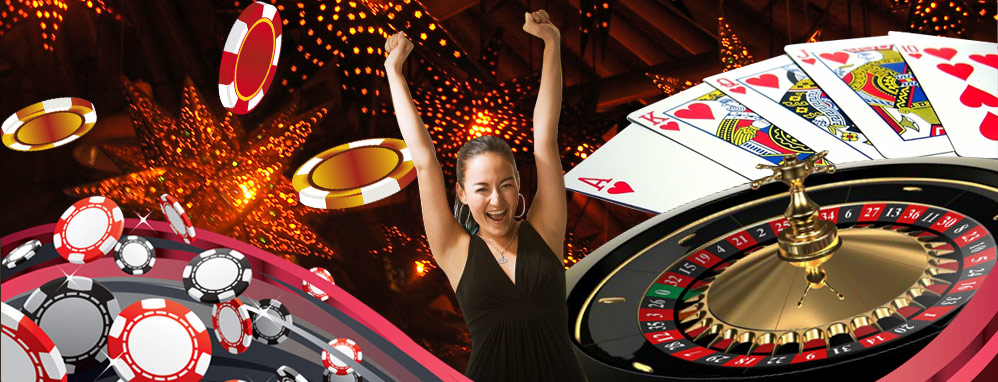
Play to win
It is most logical to assume that gambling establishments attract customers with the possibility of rapid enrichment. It would seem, why else go to the casino, if not for winning. Almost all gambling makes it possible to get a huge amount in minutes. Poker is heavily paid for royal flush. In gaming machines you can collect the maximum combination, become a participant in free spins or win the cumulative jackpot. At roulette, you can break the bank, tightly forcing one number into chips.
Of course, the probability of a fabulous win is negligible, but this fact does not sober all customers.Most regular casino visitors are distinguished by what is commonly referred to as “excessive optimism.” They close their eyes to unfavorable conditions, do not want to take into account the mathematical superiority of the institution, do not want to remember past losses. Their thoughts are occupied by potential gains, past solid payments and even the success of other customers.Many customers actually see gambling as a way to improve their financial condition or even a source of stable income.
In reality, only a very few professionals manage to make a living playing casinos, but this is another story worthy of a separate article.

Play for the sake of losing
At first glance, this theory seems crazy. Who will deliberately bet, expecting to lose? But recent studies prove the validity of this version. Experienced casino staff will confirm that some players get more pleasure from the process if they have to recoup. In each institution there are regular customers who almost never find themselves in the black, but stubbornly continue to play. Remember your own experience. What gives you more pleasure:
- Quick win in the first minutes?
- Success as a result of a long struggle, during which you changed dealers, tables and even gambling?
Agree, the second option causes stronger emotions, makes you feel like a winner and is remembered for a long time. In the course of long-term experiments in which hundreds of volunteers were involved, scientists found out that the winning out users were in a more excited state than winning customers. They had a higher level of dopamine, causing a feeling of satisfaction. It rises as a result of the activity of the brain trying to solve the problem. Thus, the pursuit of winning seems to the casino visitor more attractive than the winning itself. Having received a large payment at the beginning of the game session, such a user feels dissatisfied, because emotions are more important to him than money.

Play for the sake of waiting
According to this theory, gambling attracts people with its uncertainty. Opening the cards, watching the spinning ball, watching the flight of the dice, the players freeze in anticipation of the result. Researchers claim that it is at this moment that the greatest release of dopamine is observed. Accordingly, waiting for the outcome of the draw attracts casino customers more than the opportunity to get paid. According to psychologists, the maximum jump in the dopamine level is caused by rounds with approximately equal chances of winning. For example, in red / black bets on roulette or in the double round in video slots.
The developers of gambling have long noticed that the most interesting are models in which it is difficult to foresee the further development of the scenario. If the gameplay is predictable, he quickly becomes bored. This is one of the reasons why manufacturers of online gambling software are flooding us with new video slots.
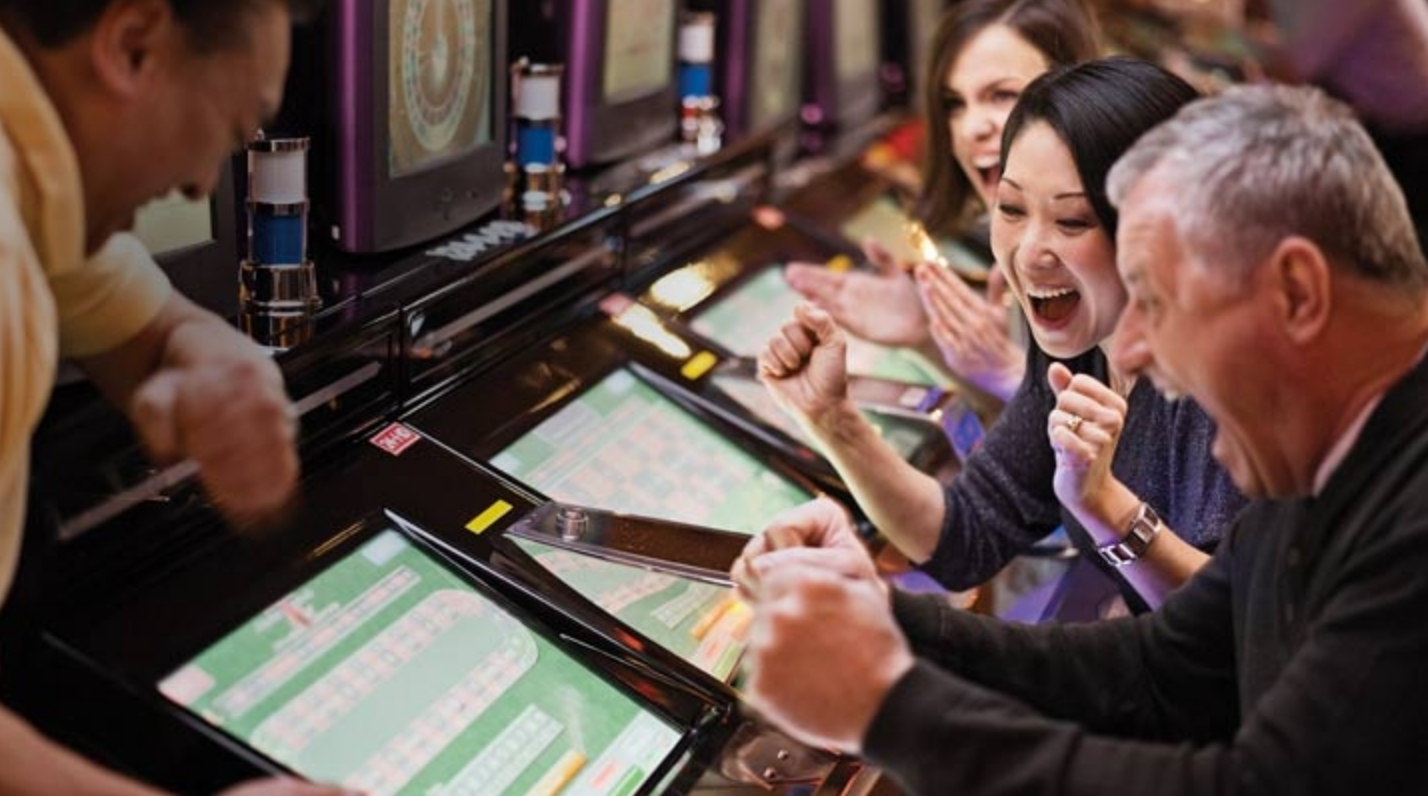
Play for fun
Many psychologists believe that most people play for money to have fun. In other words, customers of casinos, poker clubs and bookmakers are not so much concerned with the result as with the gameplay. If you carefully observe the visitors of gambling establishments, this hypothesis seems more than reasonable. Often, they behave irrationally and even foolishly, deliberately make mistakes in the course of the raffles, consciously risk in inappropriate situations and at the same time they themselves deride their behavior.
How to explain this attitude to the game for real money? Only the desire to enjoy the process. Many customers actually play to have fun. Winning becomes for them nothing more than a pleasant bonus, and a negative result does not upset them. Casino operators are well versed in customer psychology. They are trying in every way to develop in the visitors the desire to enjoy the game, and not to achieve a positive result at any cost. Colorful video slots with stunning graphics, multi-level gambling, show programs, reward points systems, free tournaments – all this is part of a single set of measures aimed at keeping customers in the institution.
So why do we play for money? As mentioned above, psychologists identify four key motives that attract gamblers:
- Winnings
- Losing
- Expectation,
- Pleasure.
Perhaps someone will explain their passion for similar entertainment of one of the aforementioned theories. But the majority of players are driven by several motives at once. Playing on the result, you still want to enjoy the process.
And what attracts you to gambling?


